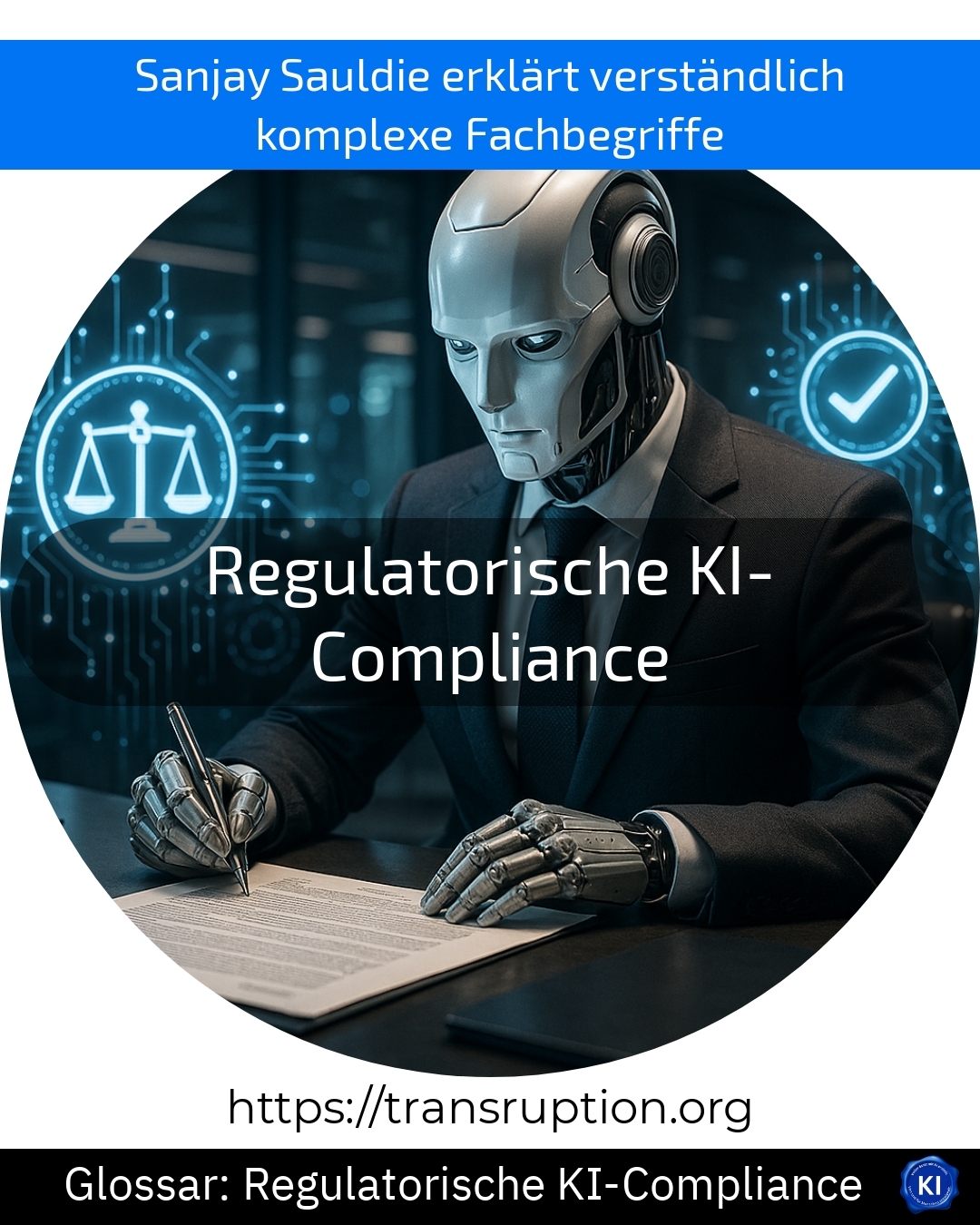The term "regulatory AI compliance" is particularly important in the areas of artificial intelligence, digital transformation and cybercrime and cybersecurity. The aim here is to ensure that companies comply with all applicable laws, regulations and ethical guidelines when developing and using artificial intelligence (AI).
AI systems learn independently from data and make decisions. To ensure that these decisions remain safe, comprehensible and fair, legislators demand strict rules. Regulatory AI compliance means that companies ensure that their AI applications follow these rules. This includes, for example, the protection of personal data and the avoidance of discrimination.
An illustrative example: A credit institution uses AI to make credit decisions more quickly. The institution must ensure that the AI does not discriminate against people on the basis of age, origin or gender. At the same time, the handling of customer data must be transparent and secure - as stipulated by the General Data Protection Regulation (GDPR), among other things.
Regulatory AI compliance helps companies to avoid legal risks, strengthen the trust of their customers and successfully utilise innovative AI solutions in the long term.















